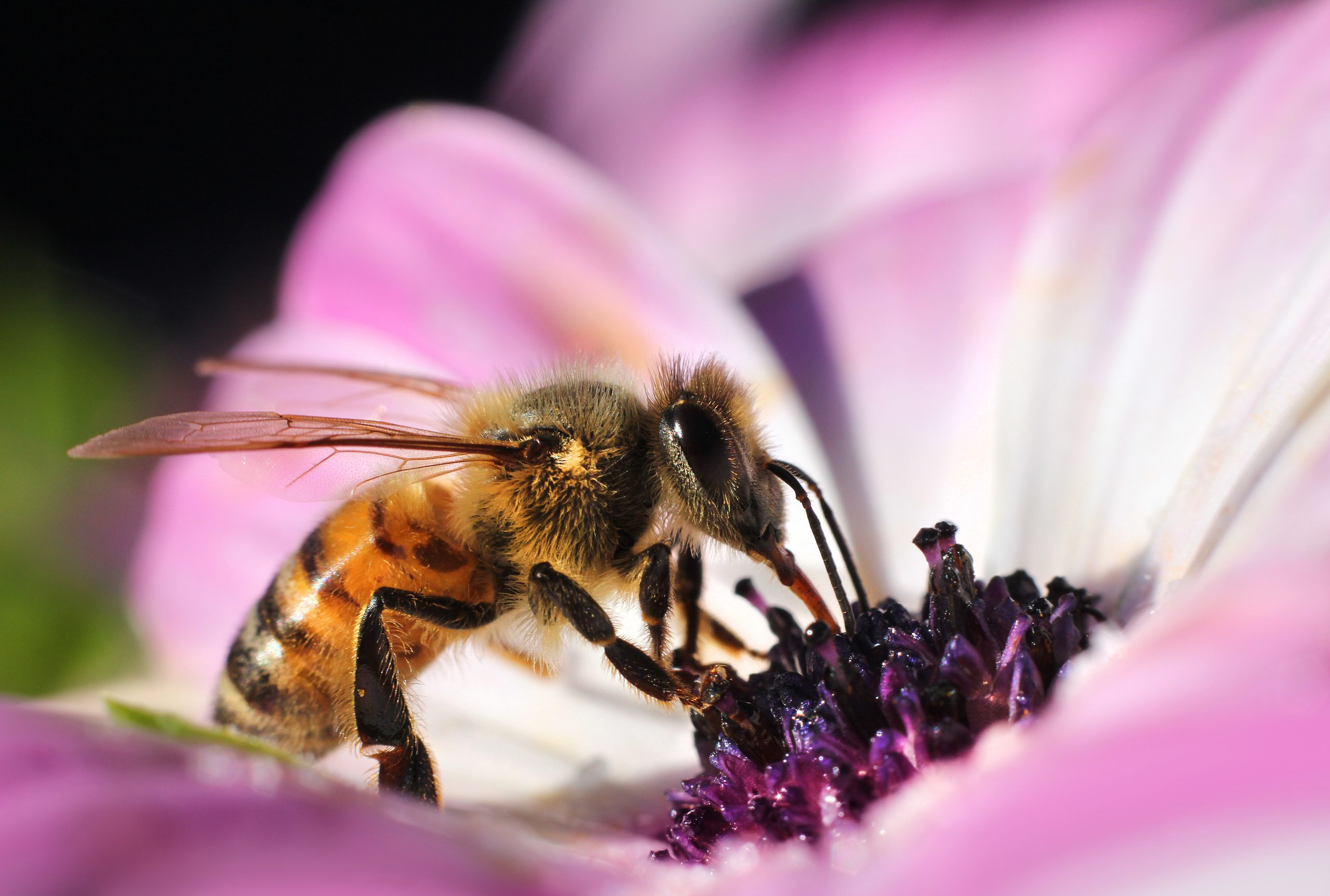A Mother-Daughter Duo Raising Honeybees
October 13, 2016
Bee Colony Collapse, Honey, Honey Bees
Beekeeping is becoming more popular as more species of bees become endangered, with many realizing the importance of their work and seeking to preserve bees as much as possible. Alexander and Anastasia Bartsch are two such people working to raise bees. Clara Fortmann is the owner of Lexington Interfaith Garden in Lexington, MA, where she keeps over 40,000 honeybees that the Bartsch family helps look after. She keeps hands as well as volunteers on to help run the property and manage the carrots, tomatoes, and arugula. The bees keep the plants growing: “After we got the bees, we doubled our production,” Fortmann said, “We’re now close to 2,000 pounds each season.”
The Bartsch family started working on the two hives that house the bees behind Fortmann’s house two years ago. Anastasia attends high school and has adopted her mother’s love and fascination of bees—she even started the Lexington Beekeeper’s Association to educate people about bees. While the club does not deal with beehives directly, Anastasia said the group is building educational programming and is hoping to bring beekeeping to the school one day.
Anastasia’s mother, Alexandra, is a member of the Middlesex County Beekeepers Association, has worked as an apiary inspector for the state, and is also a certified master beekeeper by the Eastern Agricultural Society. Alexandra said this passion for bees began because of her high school biology teachers in the 1970s. “She inspired me,” Bartsch said. “I’ve been keeping bees for a very long time. Bees are absolutely fascinating.”
Anastasia’s first memory of bees was, admittedly, not a pleasant one. A bee stung her at summer camp, but she can laugh about it now. “I just really freaked out. After that, you know what’s happening.” Now, with the experience of managing bees with her mother for years, Anastasia hopes to educate her peers at her school about the importance of these pollinators. Outside of the club and its official activities, other high school students come over to Anastasia’s house and work with the bees behind Fortmann’s house.
A 2014 government report said honeybees are key pollinators and account for $15 billion in national economic value annually. However, honeybee populations have been dying off, due to harmful production practices, mite infestations, and pesticides that have, as ingredients, neonicotinoids, which are highly toxic to bees, Anastasia said. “They’re bad for bees and nobody recognizes that,” she said. “We hope to make a lasting impact.”
More than 30 students have signed up in the high school club since its launch, learning about what they can do to help bees. The growing awareness is helpful for bringing the bee population problem to the forefront. “So many people are aware of honeybees,” Alexandra said. “People understand how important they are and how fascinating they are. You see that seed grow, but when it flowers and there are no bees, it’s going to die.”


.jpg)




